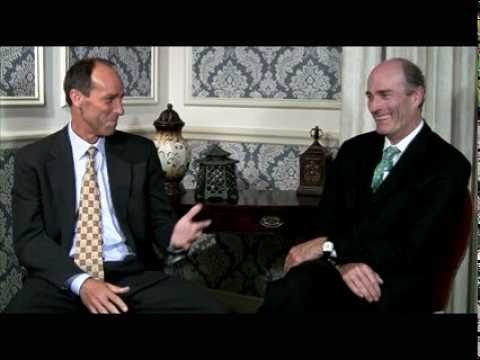Human Capital The Most Overlooked Asset Class
Post on: 3 Июнь, 2015 No Comment

When most people think about asset classes, things like stocks. bonds. real estate and commodities come to mind. Investment advisors spend countless hours researching the risk/return profiles and correlations of these common asset classes, in an attempt to construct efficient investment portfolios for their clients.
However, if you are a young to middle-aged investor, the importance of these asset classes pales in comparison to an asset class called human capital. Human capital is intangible and cannot be directly purchased or sold. For this reason, it does not get much financial press. If you are between the ages of 18 and 50, or you still act like you are, you may be interested in what human capital can do for you and how you can use it to grow and protect your financial capital.
What Is Human Capital?
If you learned about human capital in business school, it was probably defined from a business owner’s perspective, but what about from an individual investor’s perspective? To an individual investor, human capital is the present value of all future wages. When you are young, it is usually the most valuable asset that you own. Human capital is also your best protection against inflation. With a strong professional skill set, you will always command a fair wage, no matter how inflated your local currency becomes.
Anything you do to increase your ability to earn higher future wages could be considered investing in your human capital. The monetary and time-consuming investments that you make early in life, like obtaining a higher education, on-the-job training and learning better social skills, can increase your personal human capital. (To learn more about investing in your human capital, read Invest In Yourself With A College Education and Five Ways To Fund Your College Education . )
How Does It Affect Your Financial Capital Allocation?

Over your lifetime, your human and financial capital should go in opposite directions. As you age, you have the opportunity to use your human capital to increase your financial capital. It is an opportunity because financial capital is not a given; it is earned though wages, savings and smart investment decisions. (For more on this, see Young Investors: What Are You Waiting For? )
During your working career, the risk characteristics of your human capital should affect how you allocate your financial capital. Factors like job stability, income volatility and the industry sector in which you work should all be considered when selecting an asset allocation for your financial capital. Below are two examples of how the risk characteristics of your human capital can affect the asset allocation of your financial capital.
Example 1 — Investing in Company Stock














